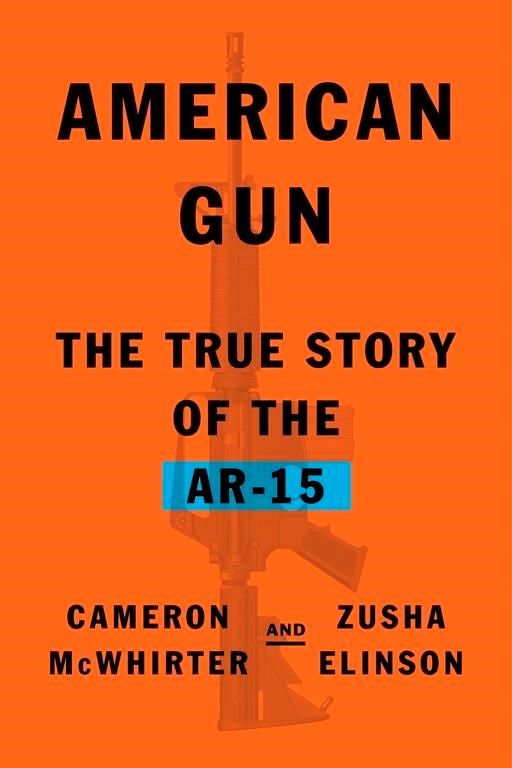LITTLE ROCK, Ark. (AP) — A decade before the school shooting at Columbine and more than two decades before the massacre at Uvalde, a man armed with an AK-47 fired his rifle at a crowded elementary playground in California, killing five children and injuring 31 others.
The 1989 Stockton shooting, recounted in “American Gun: The True Story of the AR-15,” was at that point the worst shooting at an elementary school in the country's history. It prompted a prophetic question from a local school official who asked whether “we need a plan where kids are told to hit the deck like air raid drills.”
In “American Gun,” Wall Street Journal reporters Cameron McWhirter and Zusha Elinson trace how gun violence has transformed the country from one where such drills seemed outlandish to one where active-shooter drills and alerts are a constant part of life.
McWhirter and Elinson chronicle that haunting evolution by focusing on the history of the AR-15 -style rifle that has been used in many mass shootings and has become a focal point of the debate over gun restrictions over the years.
The book profiles Eugene Stoner, a Marine veteran and amateur gun designer in California, who created the AR-15 as a lightweight weapon for troops to use during the Cold War. The military version, the M16, was widely deployed in Vietnam though with modifications that led to problems in the field.
Initial efforts to sell a civilian version of Stoner's rifle were a flop and caused little political uproar, the book describes. But over the years the weapon's sales and significance to gun owners grew, with gunmakers finding workarounds to the 1994 assault weapons ban. The book recounts how sales of the gun exploded after the ban expired in 2004, with more than 20 million AR-15-style rifles now in civilian hands.
McWhirter and Elinson offer a comprehensive, even-handed look at the AR-15's history and the debate over gun violence, but keep the human toll at the forefront. The book includes harrowing details of some of the notorious mass shootings over the years where AR-15 style rifles were used, including the 2017 Las Vegas shooting and the 2012 Sandy Hook school shooting.
The well-reported book is vital for anyone who wants to understand how Stoner's creation transformed over time into what the authors call the “fulcrum of America's great gun divide.”
Andrew Demillo, The Associated Press



